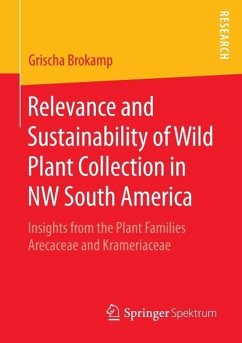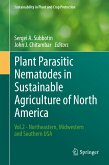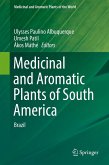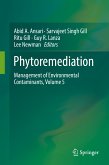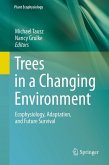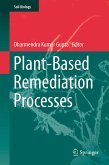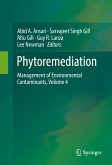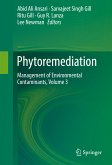Contents
- Standardized Data Collection on Trade in Palm Products
- Trade in Palm Products in North-Western South America
- Case study on Productivity and Management of Phytelephas aequatorialis (Arecaceae) in Ecuador
- Parasitism and Haustorium Anatomy of Krameria lappacea (Krameriaceae), an Endangered Medicinal Plant from the Andean Deserts
- Abundance, Seed Ecology, and Regeneration of Krameria lappacea from the Peruvian Andes
Target Groups
- Researchers and students in the fields of natural resource management and conservation biology
- Government officials, NGO representatives and practitioners in these areas
The Author
Dr. Grischa Brokamp contributed to the EU-FP7-PALMS projectand acquired his doctorate at Freie Universität Berlin.
Dieser Download kann aus rechtlichen Gründen nur mit Rechnungsadresse in A, B, BG, CY, CZ, D, DK, EW, E, FIN, F, GR, HR, H, IRL, I, LT, L, LR, M, NL, PL, P, R, S, SLO, SK ausgeliefert werden.

